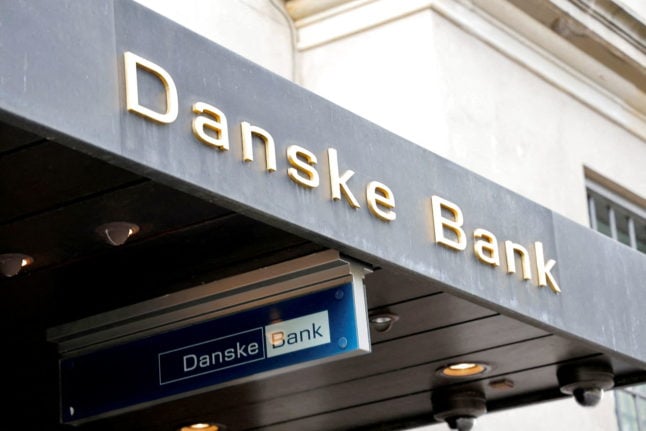The 49-year-old Lithuanian woman had confessed to the crime in police interviews, Denmark’s Prosecution Service said in a statement.
Between December 2008 and March 2016, nearly four billion euros were funnelled through a series of companies, all of which had accounts in Danske Bank’s Estonian branch.
“This is the largest amount we have seen in a money laundering case brought before a court in Denmark,” special prosecutor Lisette Jørgensen said in a statement.
“The woman had a role in a large money laundering complex built around 40 Danish limited partnerships,” Jorgensen added.
Using her expertise, she “made it possible for the companies to move money around in order to disguise their illegal origins”, the prosecutor said.
According to the prosecution service, two other defendants in the case have also been linked to the companies.
One is a 49-year-old former Russian citizen who is in custody after she was extradited from the UK in December 2021, and the other is a 56-year-old Lithuanian man living in Denmark.
The Lithuanian woman sentenced Thursday was given three years and 11 months in prison for laundering millions in a separate case.
Together with Thursday’s verdict, her total sentence is eight years in jail.
Prosecutors also said the case is connected a larger scandal involving Danske Bank, Denmark’s largest.
The bank is still recovering after it became embroiled in criminal investigations in several countries over some 200 billion euros in transfers that passed through its Estonian branch between 2007 and 2015, involving some 15,000 foreign clients, many Russian.
READ ALSO: Danish police drop money laundering case against Danske Bank directors



 Please whitelist us to continue reading.
Please whitelist us to continue reading.
Member comments